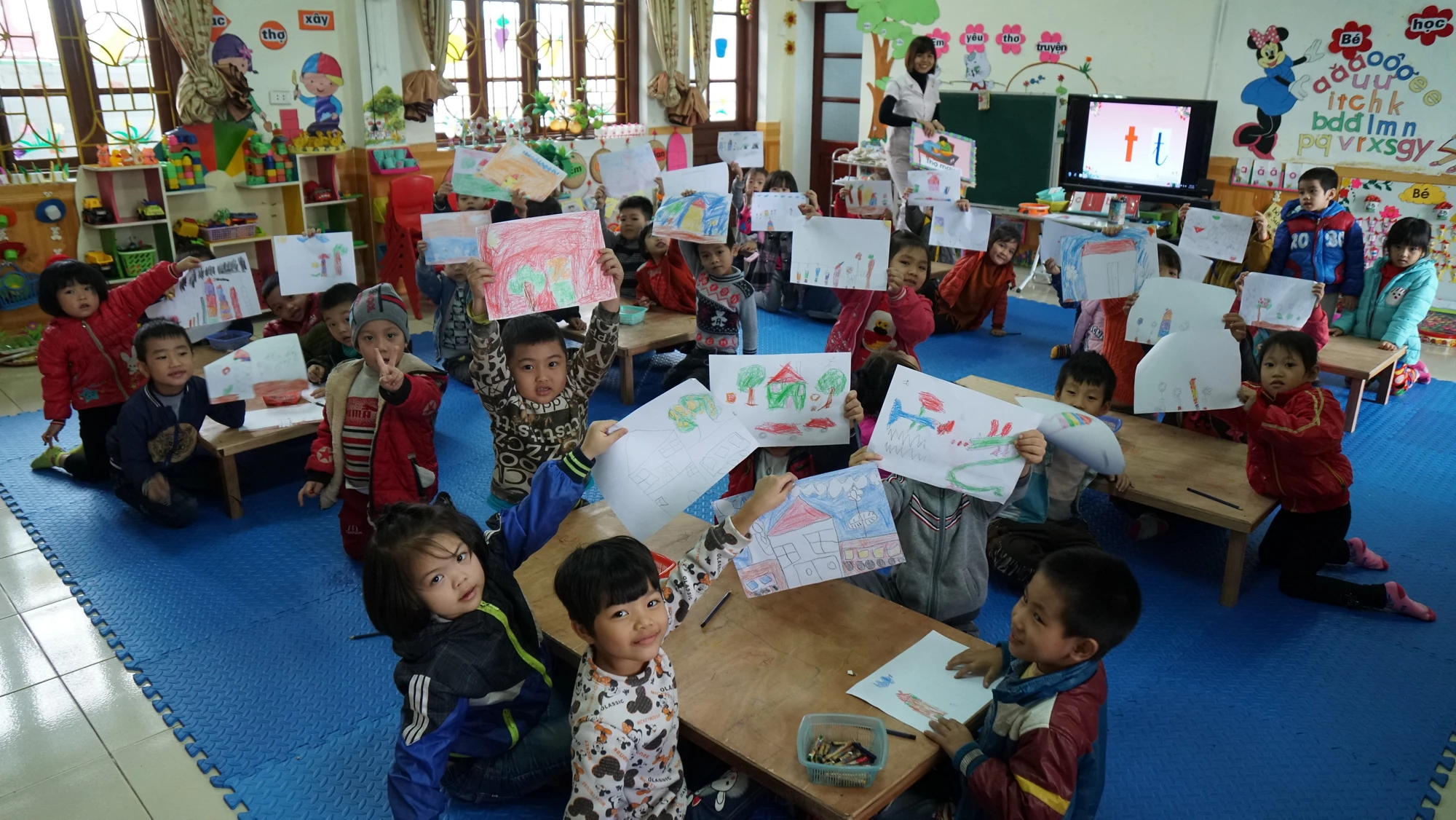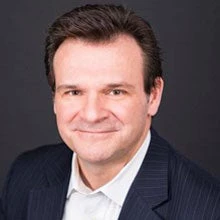
I believe that people who are constantly on the lookout for new models of education should also look to the past at something that was started over 40 years ago. In the 1970s, the “New School” model was born in rural Colombia.
New School – Escuela Nueva in Spanish – is recognized for its innovative nature and for improving the education of millions of children around the world. Originally designed to provide cost-effective schooling to small rural schools in Colombia, it focused on cooperative learning and leadership, feedback, social interaction – all now hallmarks of so-called 21st century learning.
The World Bank helped finance Escuela Nueva’s expansion in Colombia, over time it evolved to educate students in urban setting as well. It has been implemented throughout Central and South America, and eventually Asia and Africa.
Several studies demonstrate that Escuela Nueva not only significantly improved academic results in the primary and secondary school, had positive impact on children’s non-cognitive skills, but also students have a higher completion rate.
An award-winning education model
On December 10, 2017, Escuela Nueva’s founder and director, Vicky Colbert, received the inaugural Yidan Prize for Education Development Laureate.
The Yidan Prize, founded by philanthropist Charles Chen Yidan (co-founder of the Chinese Internet giant Tencent), recognized Colbert for using extensive cycles of feedback and continuous improvement to transition from conventional, teacher-centered, schooling practices to a new learner-centered model that coherently integrates the curriculum, teacher training and community involvement.
This is only one and the latest of the awards Vicky has received. Others include the Skoll Award for Social Entrepreneurship, the 2013 WISE Prize for Education Laureate, the Clinton Global Citizenship Award, and the Kravis Prize. She has also been recognized as Outstanding Social Entrepreneur by the Schwab Foundation, Ashoka and the World Technology Network.
Escuela Nueva in Vietnam
When Vietnam wanted to transform its schooling model it looked to Colombia’s Escuela Nueva model.
Vietnam is an outlier in educational achievement. For its level of national income, Vietnam surpasses most countries in academic achievement. It has also excelled in PISA 2012 and 2015, the worldwide study by the Organization for Economic Co-operation and Development of 15-year-old students’ aptitudes in mathematics, science, and reading.
Vietnam went even further to improve the quality of its education by tailoring and piloting the Escuela Nueva model to the country’s context. And the World Bank went along with it. From 2012 to 2016, we supported the Vietnam Nueva Escuela (GPE-VNEN) Project, with funding from the Global Partnership for Education. More than 1,400 schools benefited, with focus on disadvantaged areas and ethnic minority populations.
Close collaboration is key
VNEN students are exposed to multiple pathways of learning. They have a more prominent pedagogical use of exploration and discussion, as well as opportunities to practice and exercise problem solving through both individual and group work.
While they tend to spend a similar amount of time on individual work as non-VNEN students, a key difference appears to be that VNEN classrooms spend a lot of time in group activity rather than whole class work. To the extent that group work allows for greater cognitive engagement as compared to whole class work, the VNEN classroom may reflect greater efficiency in teaching.
Despite some variation across schools and within classrooms, VNEN schools provide much more space for students to develop and practice 21st century skills, such as leadership, teamwork and cooperative learning, communication, and self-managed learning.
Results
By the time the project closed in 2016, an additional 2,671 primary schools had implemented the VNEN model. We at the World Bank, together with Dubai Cares, supported a rigorous impact evaluation. Among other research methods, the study used digital video to film teaching and learning practices from a qualitative sample of 15 schools to understand the mechanisms associated with educational impact.
Overall, the study found that when it is well implemented, the program has significant positive effects on student learning. Children who participated in VNEN schools showed progress in mathematics equivalent to a half-year worth of schooling.
While the initial results are encouraging, sustained improvement will only manifest in the longer term. Lesson learnt from the evaluation include development of a well-functioning monitoring and evaluation system that captures crucial feedback from students, parents and teachers to further improve the model. Stronger support to help teachers transform from providers of knowledge to facilitators of enquiry is critical.
Preparing children for the 21st century – what will it take?
Rigorous impact evaluations such as this one, non-randomized assessments in Colombia, Guatemala, also within the context of multi-grade teaching, as well as studies of its evolution in Colombia and Brazil, help build the evidence base for how new models of teaching can benefit disadvantaged students.
They also help us understand that leadership, teamwork, communication and self-managed learning can be taught. These are skills needed for the 21st century world of work and, in Escuela Nueva, we have a working model of education’s response to the technological revolution that is transforming the world of work. The Fourth Industrial Revolution is bringing us advanced robotics and autonomous transport, artificial intelligence and machine learning, and advanced materials. These developments change the way we work, what jobs will be in demand, and skills will be needed. Escuela Nueva’s emphasis on cooperative learning, leadership and self-managed learning go a long way towards preparing today’s students for tomorrow’s changing world of work.
Find out more about World Bank Education on our website and on Twitter.


Join the Conversation